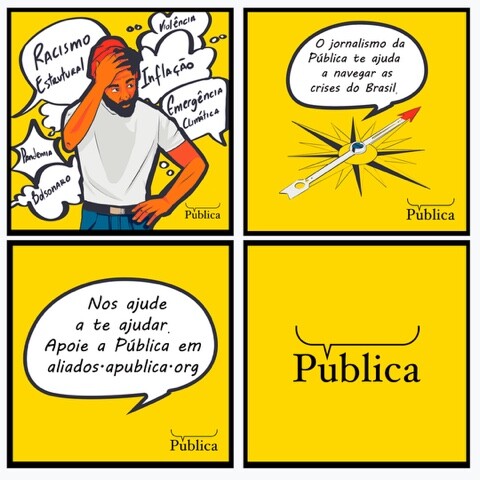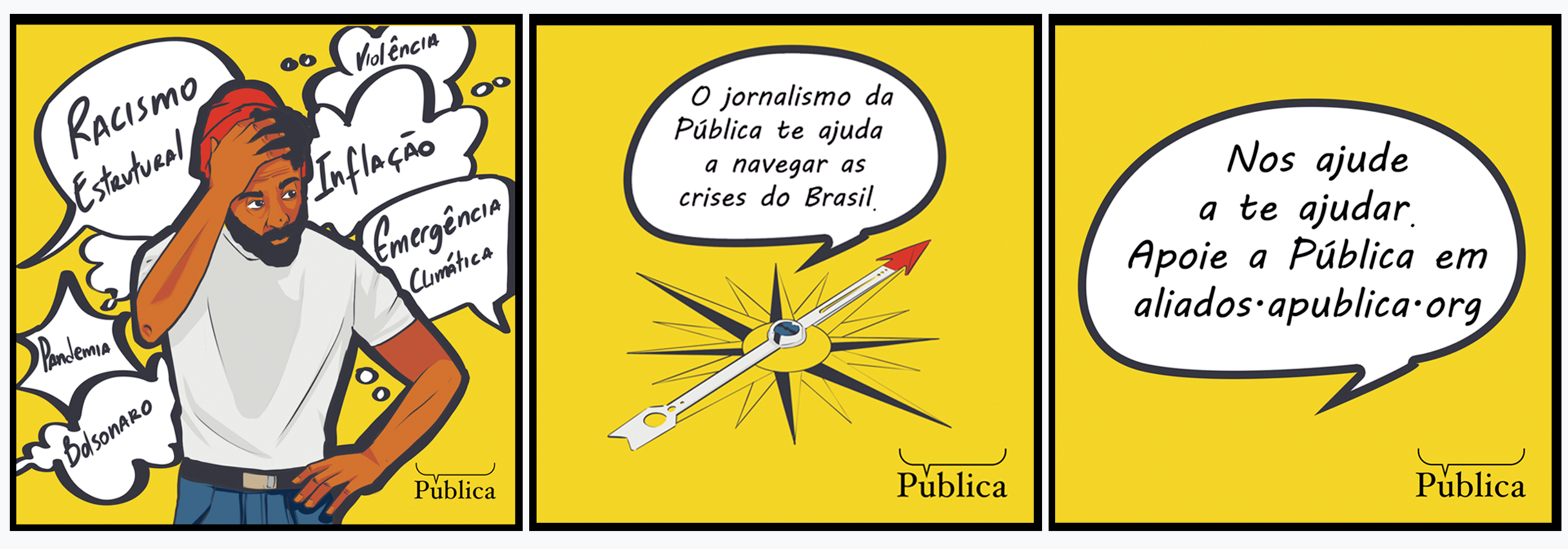Last week I attended the G20 preparatory event in São Paulo’s Hyatt Hotel, whose agenda was information integrity, a still slick concept that has, however, come up ever more often in international talks about the disinformation crisis and its implications upon our society. The G20 summit will be held in November, in Rio de Janeiro.
The event was held by G20’s Digital Economy Working Group, chaired by the Digital Policies Secretary, under the Social Communication Secretary (SECOM). It was attended by some of the main experts and players in recent discussions within the fight against disinformation and around social media regulation, such as Nobel Prize winner Maria Ressa, a Filipino journalist; Tawfik Jelassi, adjunct director-general for communication and information at UNESCO, the UN agency developing parameters for the regulation of platforms; and the UN under-secretary-general for communication, Melissa Fleming.
Though the news has been limited, it was one of those important initial political steps that may eventually become something. And what the Brazilian government proposes is not to be neglected. The objective is to help build consensus around the idea that ensuring the integrity of information – understood as “accuracy, consistency and reliability of information” – is every State’s duty, and multilateral avenues ought to be discussed in order to get to it. Furthermore, Brazil is seeking to take a central position in discussions around how to overcome threats to that integrity, translated as “disinformation, false information and hate speech”, according to a UN report published last year.
As my readers here will know, there are many different approaches to this disinformation crisis we’re going through! But, when we consider the event’s curatorship, some of the axes around which the debate revolves come through very clearly. They include the impact disinformation has on public health, on the regulation of platforms, on the protection of children against the ailments caused by social media, on press funding programs and on the fight against climate denial.
With that regard, specifically, SECOM leader Minister Paulo Pimenta announced a global initiative to promote the integrity of information about climate change that will bring international researchers as well as UN agencies and UNESCO together to develop mitigating measures against climate related disinformation.
For Pimenta, “the changing digital and informational scenario in recent years affects the fight against inequality, impacts the three dimensions of sustainable development and is determined by the limits of current global governance dynamics.”
“We are facing a global challenge that requires concentration between global response and response at the domestic level,” he said.
Another key point in the debate was addressed by Maria Ressa, and was even more remarkable by the presence of OpenAI’s representative in the event: the impact of artificial intelligence! For Maria Ressa, “we are standing on the remains of a bygone world, and the challenge is to look at this scenario and build a better world.” If the social media have already been able to get personal data to be used as weapons against users and to allow lies to spread six times faster than truths, the journalist considers that, “with generative AI, the new world will no longer see anything as correct or wrong, provided it is anchored in facts.” For her, AI will not ensure the integrity of information. “This is why we need regulation. This is the most deregulated industry in the world’s history.”
Other debates taking place during the event brought about a few interesting ideas, some of which have already been addressed here in this column, such as the need to create funds to support journalism, to train teachers on media education and to also support Maria Bessa’s idea that the future social media will have to be constructed by media outlets, based on a commitment to facts within the environment of digital sociability.
The event was clear about a current move towards world consensus around the need for a global pact to fight the power of Big Techs. It would not be an unprecedented move. Back in the 2000’s, the very UN led a Framework Convention effort to control tobacco, whose objective is to reduce and even eliminate global use of that substance, in face of the transnational power of that industry’s lobby (which, as we recently revealed at Pública, continues in their attempt to deregulate national laws and release new nicotine products onto the market).
However, the optimistic note of the encounter neglected the huge elephant in the living room: the fact that, for a significant portion of the population, speaking of regulating platforms is still synonymous with censorship. And that this speech is encouraged by a significant percentage of our elected representatives – including the over one hundred Bolsonaro supporters in the Brazilian House of Representatives – and is still used by companies and groups that profit from the current state of informational chaos (I’m speaking of the Big Tech Companies, but it’s not only them; suffice to remember the newspaper ads championing chloroquine during the Covid-19 pandemic).
The biggest problem is that we are in the realm of political debate that is polarized to the extreme of becoming binary. As a matter of urgency, a global initiative will be necessary to explain to citizens that organizing an environment that will provide them with reliable information is neither censorship nor an attempt to manipulate them. And that it’s going to bring them more rights, not less!











